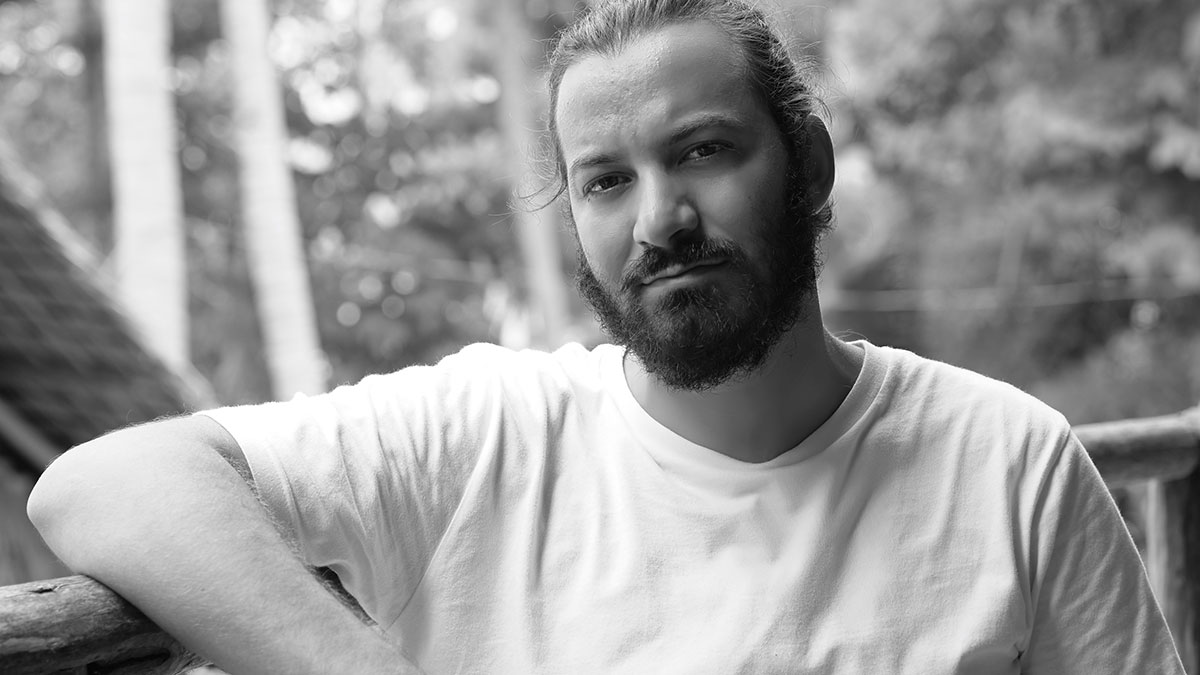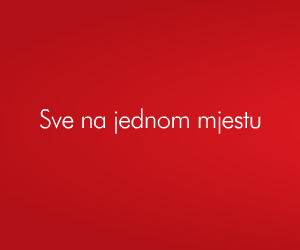
10/10/2023
Author of the film 'Taxibol': I met the great Lav Diaz and he agreed to play in my film
Essential and poetic approach, this is the way we could characterise the Italian director Tommaso Santambrogio’s filming style who, even though still a young author, has collected respectable awards and film festivals, like the one in Venice. He deals with the topics of identity, memories and separation, often focusing on the impacts of post colonialism on our societies, which is the subject of his last short film ‘Taxibol’ that is going to be screened in the competition program of this year’s Mediterranean Film Festival, and where we meet the famous Filipino director Lav Diaz.* What does taxibol mean?
Taxibol is a neologism, created by the crasis between Taxi - the place where half of the film take place, and Tagsibol - an old tagalog word meaning “Spring”. Thinking about all the “Arab Spring” and the apparent movement towards democracy of many post-colonial countries, I think this word is able to evoke the feeling of historical frustration, movement towards something that never comes and seems unreal like spring in the Philippines.
The Philippines, the Cuban people and their background - what attracted you to this subject?
Stories come to your life through the places and people you spend time with, sharing your ideas and thoughts; and I spent a bit of time in both these countries. Moreover, I am extremely attached on a personal and artistic point of view to post-colonial countries and to their people and societies (Cuban and Philippine especially), and this helped me a lot in structuring such a kind of film. On the other side, I would also add that I think cinema needs to get back to the others, to listen to the stories of the world in a respectful, anthropological and pure way. We are storytellers, and stories have no borders and no geographical/cultural limits, just the ones concerning the approach to what is different from you. I am worried that most of the cinema as well as of our societies are focusing more on themselves, in an onanistic way, instead of looking for a dialogue with the rest of the world.
How did the collaboration with the famous Filipino director Lav Diaz come about?
I met Lav Diaz at EICTV, the Cuban film school, and we became close friends immediately. He was a mentor to me and he still is, and while we were staying there (and before going to the Philippines to shoot his next movies together) I asked him to take part in the shooting of the first part of my new movie placed there. I met him and Gustavo separately, and talking and sharing different moments with them I noticed that they could really create and articulate an interesting dialogue. They are two people extremely different but with a great human sensitivity and a strong consciousness and attachment to their own countries (Philippines and Cuba). So I introduced each one to the other and we spent some time together, travelling around San Antonio de Los Banos, the Artemisa province and La Habana, talking about our personal experiences, our points of view on the political condition of the two countries, about cinema, migrations and much more. Once the connection between them was established and a rough idea of the filming structure (a canovaccio) was shared between us, I simply started filming, recording the magical and spontaneous dialogue between them.
It is interesting that Lav and Gustavo speak different languages but understand each other?
It is interesting, but not strange. Countries like Philippines and Cuba were occupied and colonized by the same countries (USA and Spain) and therefore they have a lot of words in common. Then, like Lav Diaz says, when you feel close to one person familiarity can destroy the border of language.
Diaz is on a mission, which he dedicated to the people of the Philippines. What is it about?
The mission is to find Juan Mijares Cruz, ex general of the Marcos’s regime hidden in the Cuban countryside, probably close to San Antonio de Los Banos, and kill him. Together with other dangerous people hidden in Cuba, he was responsible of some of the most terrible crimes in the history of his countries.
The film doesn’t reveal if Diaz found this general at the end?
No. The idea is to respect reality, where unfortunately people that committed these crimes in their countries are still free, unpunished. Justice not always finds its path, especially in post-colonial countries.
Dictator Marcos imposed martial law in 1972. It lasted for about 18 years and was the most brutal period for the Philippines, tell us more about it?
During that period, taking advantage of the martial law officially promulgated because of the “communist threat”, a lot of young activists were tortured and killed, and every possibility to speak freely or defend human rights properly was punished by Marcos and his generals/government. Even political opponents, like Aquino, were firstly exiled (or forced to auto-exile) and then killed.Moreover, during that period, the Marcos government plunged the country of billions of dollars, firstly hidden in the U.S., then to Singapore, Switzerland and many other colluded countries.
At the very beginning, Lav states that the task of film art is to help humanity, which is in a bad position today. That art should not exist for art's sake. Do you agree with that?
I think we are facing a strong nationalistic and violent wave of dangerous governments all over the world. The economic recession and the political tensions are getting worse, and many war crises are affecting the internal and external administration of many countries, in Asia as well as in Europe or in Central/South America. We are living difficult times, compared to some years ago or the last part of the previous century. Talking about cinema as an art and art in general, in my opinion, art’s role is both political and spiritual. Art is the food for the souls; it needs to deal and dialogue with the contemporaneity in a critical and social way and it needs to be done with the right responsibility and consciousness.
What are the reactions to the film so far?
Incredibly strong. Freedom and its absence, the violent unpunished life of political criminals in post-colonial countries and dealing with the idea of justice really get to people.
This is your first time at the Mediterranean Film Festival? How would you rate the program?
The program seems extremely interesting, and I would love to watch all of them if it would be possible, as well as meeting the other directors!
*Text published in Večernji list


